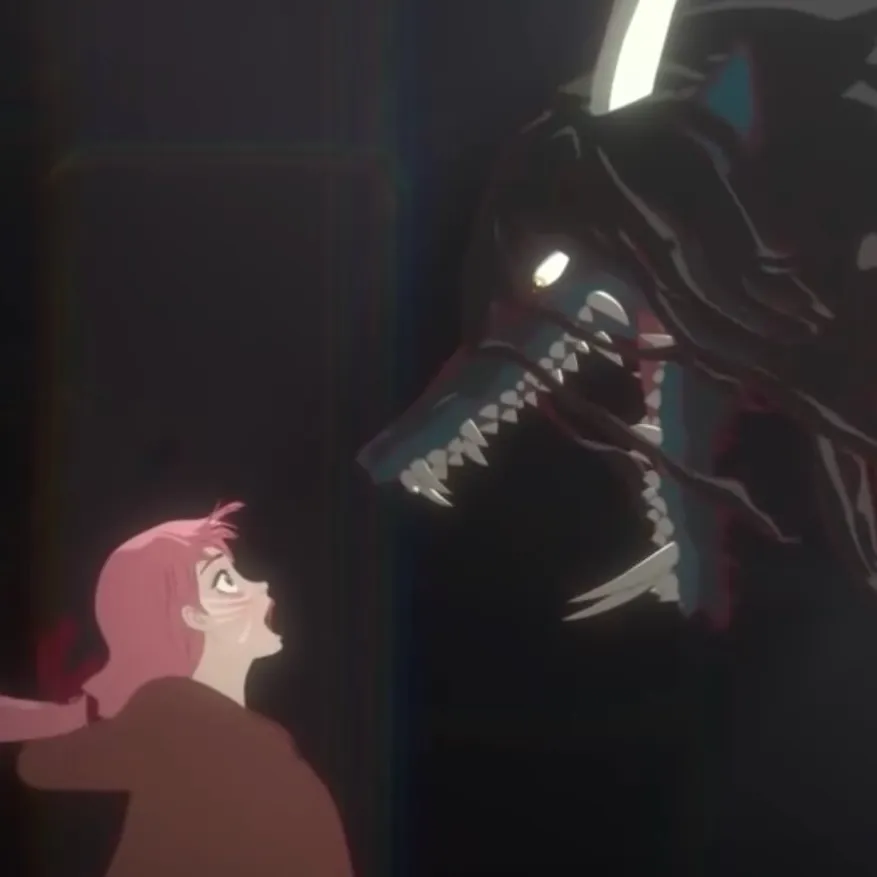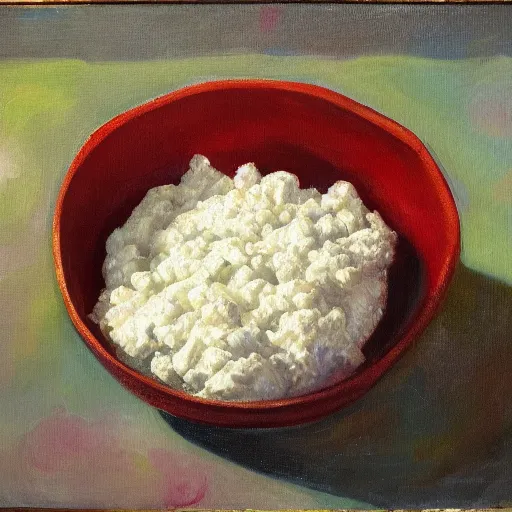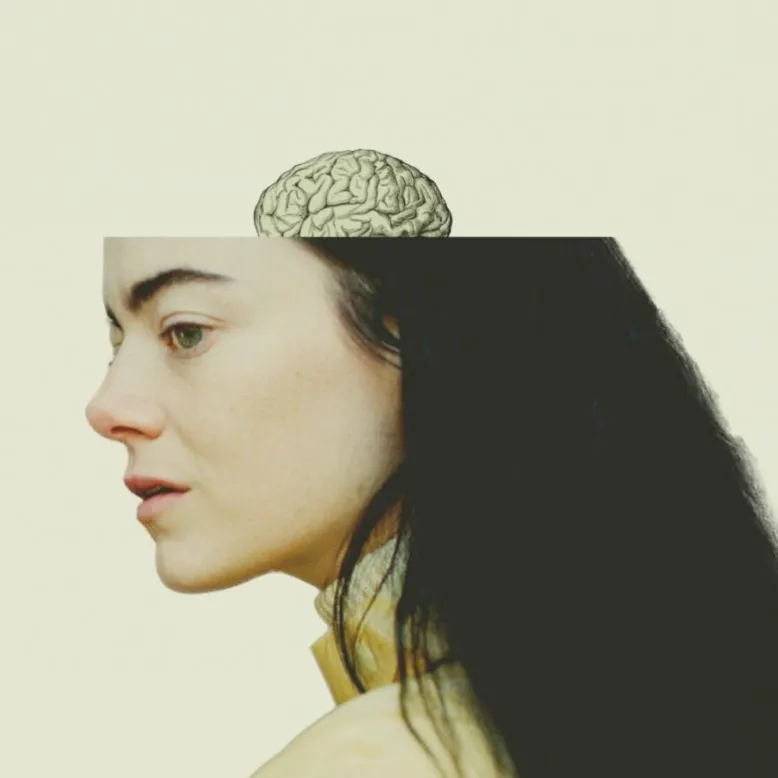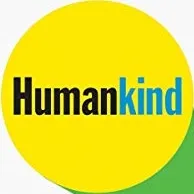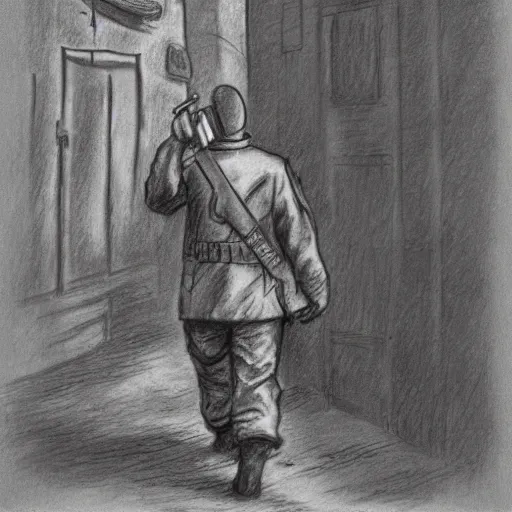I can’t express much about my opinion without describing the overall structure of this book. This may be a spoiler for some, so proceed with caution.
Trust is divided into four parts:
- A novel about a wealthy New York couple who made their fortune on stocks, and weathered the 1929 crash so well that it’s suspected that the man manipulated the markets.
- A memoir written by the man on whom the novel in part one is based. He defends his wealth on the grounds that his personal gain benefits society as a whole. Growing the pie and all that.
- Another memoir written by the ghostwriter of part two. Through her eyes, we see just how much part two was an exercise in self-aggrandizing myth-making.
- The unearthed private diaries of the wealthy man’s wife, who was more involved in the business than she was given credit for.
My enjoyment of this book was driven mostly by the structure and the way each section reveals a new layer of truth. It does a less extreme version of what Cloud Atlas does.
But on the other hand, I didn’t really like the writing style. The first two parts are especially dry, observing the characters from a cold distance. And ultimately, the truths that the book reveal feel obvious. The wealthy can get away with anything, and women are neglected by history? Tell me something I don’t know.

